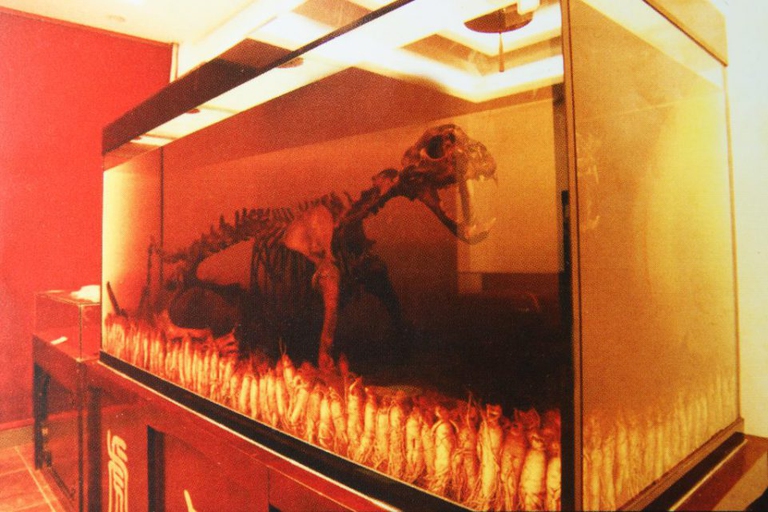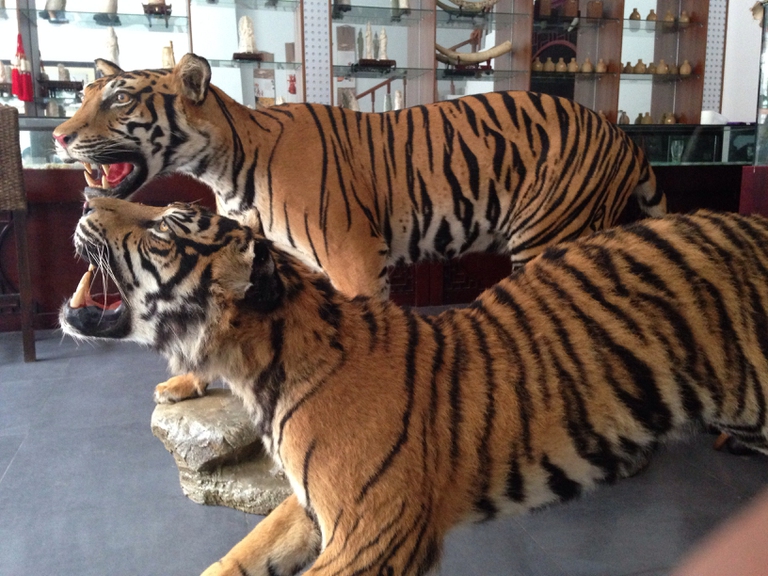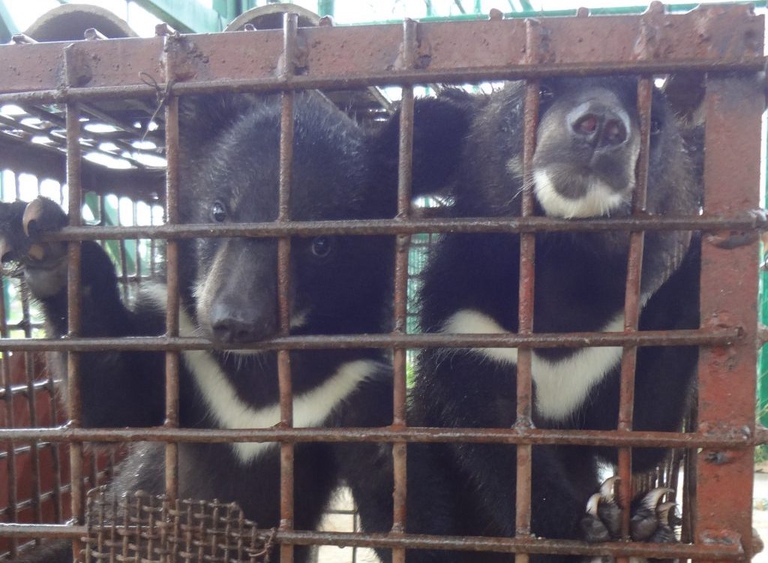
Our species took its first steps in a world covered in trees. Today, forests offer us sustenance, shelter, and clean the air that we breathe.
The Bokeo Region of north-western Laos hosts a 10,000 hectare area known as the Golden Triangle Special Economic Zone (GT SEZ), which has belonged to Hong Kong-based firm Kings Romans since 2007, when the company signed a 75-year contract (extendable to 99 years) with an 80 per cent stake in the operation. This transformed the area into an
The Bokeo Region of north-western Laos hosts a 10,000 hectare area known as the Golden Triangle Special Economic Zone (GT SEZ), which has belonged to Hong Kong-based firm Kings Romans since 2007, when the company signed a 75-year contract (extendable to 99 years) with an 80 per cent stake in the operation. This transformed the area into an extension of China: it runs on Beijing time, roadsigns are in Mandarin, most workers are Chinese nationals and the Yuan is the main currency. Chinese citizens wanting to travel here only need their identity card, rather than their passport. The area is part of a massive contraband industry worth 20 billion US dollars, which includes the illegal wildlife trade as well as arms and human trafficking.
The Golden Triangle itself is comprised of a casino, hotel, shops, restaurants, shooting ranges and massage parlours, which host activities ranging from prostitution to gambling. Restaurants offer “jungle” menus which include bear paw, python and sautéed tiger meat. These animals are usually caged and available to be cooked upon request. Food can be washed down with Hu Gu Jiu, tiger bone wine, a widely advertised beverage in the area. The local zoo is allegedly used as a farm to harvest tiger skin and bones, on top of tiger farms scattered throughout the country used for the same purpose. This is happening despite Laos having announced that it would phase out its tiger farms within a year from 2016.
Yet the Environmental Investigation Agency (EIA), an international NGO investigating environmental crime, found an increase from four tigers in mid-2014 to 35 specimens in the GT SEZ half a year later. A senior keeper revealed that the goal was to increase the population to 500 tigers in three years, and to 1,000 in the long-term in order to produce tiger bone wine for consumption in the Golden Triangle and export to China.
Other than food and drink, GT SEZ boutiques offer a range of exotic products: tiger skin, teeth and claws, rhino horn carvings and shavings, elephant skin and ivory alongside products made from endangered animals illicitly brought to Laos from Africa and Asia, such as leopards and pangolins. This is all happening in stark contrast to Laos signing the Convention on International Trade in Endangered Species of Wild Fauna and Flora (CITES) agreement making the trade of wildlife products illegal in the country since 2004.
In March 2015, in response to a report published by the EIA, Laotian authorities conducted a televised raid on four businesses selling illegal wildlife products in the GT SEZ, burning more than 12,000 US dollars worth of ivory and tiger skins. At the time, Chanthachone Wangfaseng, vice-chairman of the zone, told Lao TV that wildlife regulations would be enforced within the area. Since then, many boutiques have closed. Recent visits in the area by the New York Times and EIA claim that the GT SEZ now has a ghost-town feel to it, with smaller crowds and shopkeepers easily frightened at the mention of certain keywords. Despite this, the area still features cages with endangered animals ready to be cooked.
Demand for illegal wildlife products hasn’t dwindled, simply transitioning “under the counter”, with illegal traders and wildlife criminals resorting to social media platforms for their sales. The Chinese messaging, social media and payment app WeChat is increasingly being used as a means for the illegal wildlife trade. This is occurring despite Tencent, the owner of WeChat, joining an international coalition aimed at reducing wildlife online trafficking by 80 per cent by 2020.
Read more: Ivory, sweat and blood. The fight against wildlife crime in a WWF photo feature
It seems that some attempts have been made in Laos and online to control and reduce the wildlife trade, though it still remains alive and well. The GT SEZ may be decreasing in popularity, however, demand for products remains regardless of whether the trade occurs via a lawless Laotian Chinatown or a popular online platform.
Siamo anche su WhatsApp. Segui il canale ufficiale LifeGate per restare aggiornata, aggiornato sulle ultime notizie e sulle nostre attività.
![]()
Quest'opera è distribuita con Licenza Creative Commons Attribuzione - Non commerciale - Non opere derivate 4.0 Internazionale.
Our species took its first steps in a world covered in trees. Today, forests offer us sustenance, shelter, and clean the air that we breathe.
Poachers in Africa are encroaching on wildlife land and killing rhinos in travel hot spots now devoid of visitors due to the coronavirus pandemic.
Actor and environmental activist Leonardo DiCaprio has contributed two million dollars to a fund to protect Virunga National Park in Congo from threats such as terrorism, the coronavirus and poaching.
For the first time in seventeen years, Iceland’s two main whaling companies won’t resume whale hunting. The announcement concerns this year’s season but could carry into the future.
The relationship between the coronavirus and wildlife is complex: while the pandemic may lead to a reduction in the illegal trade in wild animals, it may also encourage it in other respects.
The largest coral reef in the world is severely threatened by climate change, but researchers are developing strategies that could contribute to saving the Great Barrier Reef.
NGO Free the Bears has opened a mountain sanctuary for moon bears in Laos. With the government’s help, it aims to close all bile farms by 2022.
Seychelles have extended its marine protected area, which now covers over 400,000 square kilometres, an area larger than Germany.
The tapir was reintroduced into Brazil’s Atlantic Forest, the country’s most at-risk ecosystem. The species can play a key role in the forest’s recovery.










